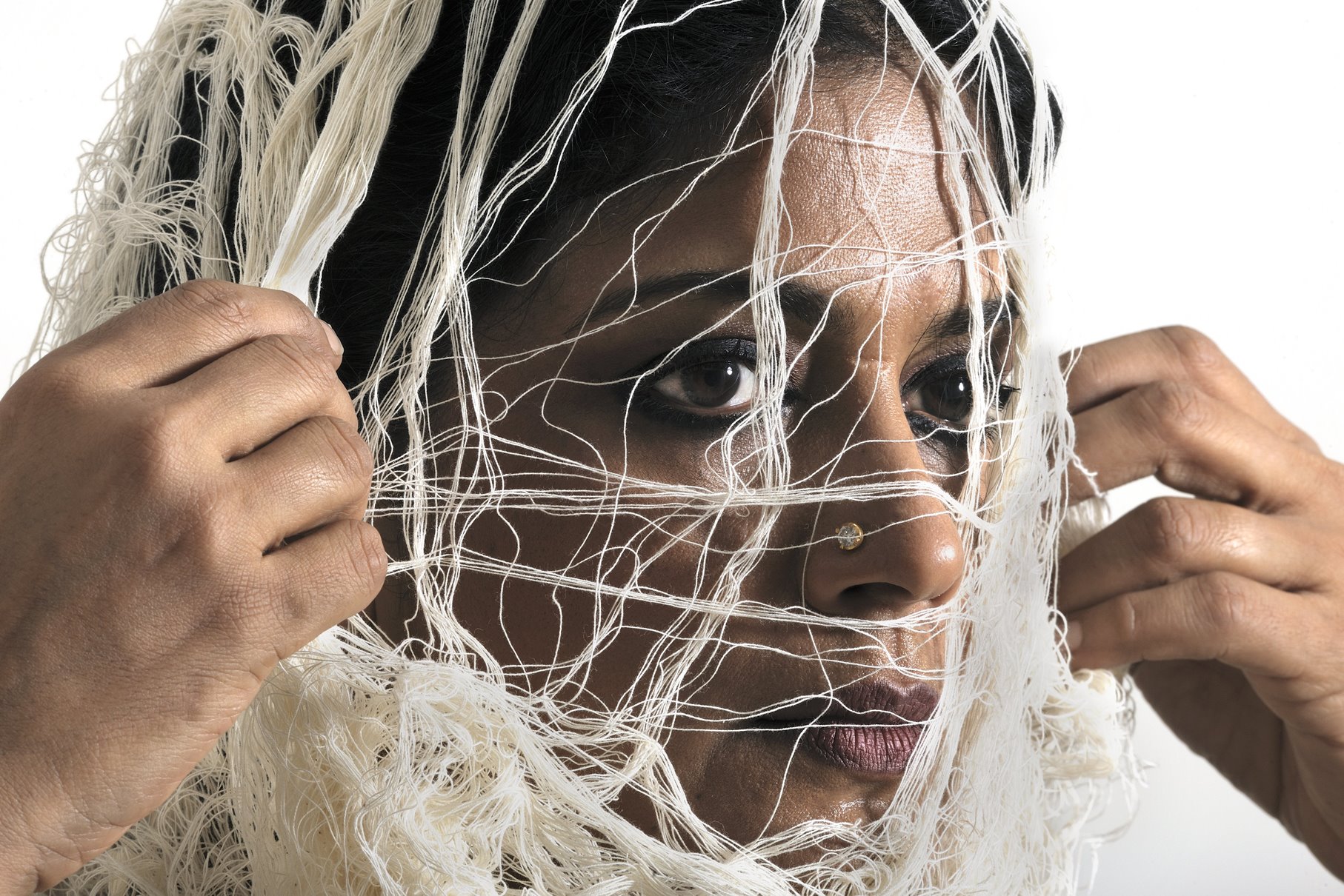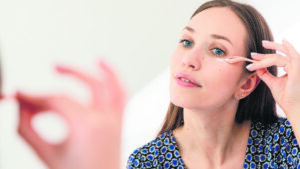As we commemorate International Women’s Day, it is crucial to acknowledge and address the unique challenges that women face. While women disproportionately encounter numerous challenges, one frequently overlooked concern pertains to their eye health. There is no denying that eye health is paramount for everyone; however, women often experience specific risk factors and obstacles that necessitate tailored approaches and proactive measures.
Increased Vulnerability: Understanding the Unique Risk Factors
Research consistently indicates a higher prevalence of certain eye conditions among women compared to men. Factors such as longevity, hormonal fluctuations and societal roles contribute to this heightened vulnerability.[ https://www.aao.org/newsroom/news-releases/detail/women-face-higher-risk-of-blindness-than-men
] Women’s longer life expectancy exposes them to age-related eye diseases, underlining the importance of proactive eye care.
Societal Pressures and Health Neglect
The multifaceted roles women play in society, including caregiving responsibilities for children and elderly relatives, often lead to neglect of their own health needs, including eye care. Balancing these responsibilities can induce stress, which can exacerbate eye conditions such as dry eye syndrome.[ https://www.aao.org/eye-health/tips-prevention/anxiety-stress-dry-eye-glaucoma-iop ] Addressing these societal pressures is crucial in promoting women’s eye health.
Economic and Cultural Barriers to Access
Financial constraints and cultural barriers further impede women’s access to eye care services. Economic disparities and cultural norms often restrict women’s autonomy in seeking healthcare, exacerbating disparities in access to eye health. Efforts to address these barriers are essential for ensuring equitable access to eye care for all women.
Empowering Women through Prevention: Promoting Healthy Habits
Preventive measures are key to safeguarding women’s eye health and reducing the burden of vision impairment. Encouraging healthy lifestyle habits, including a nutritious diet, regular exercise and abstaining from smoking, can significantly lower the risk of developing eye conditions. In addition, raising awareness about the importance of regular eye examinations facilitates early detection and intervention.
Community Engagement and Education: Building Awareness and Access
Community-based outreach programs and educational campaigns play a vital role in promoting women’s eye health at the grassroots. By providing resources and information, these initiatives empower women to prioritize their eye care needs. Partnerships with healthcare providers are also crucial in delivering comprehensive eye care services to women, particularly in underserved areas.
Conclusion
On this International Women’s Day, let us reaffirm our commitment to advancing gender equity in eye health. By advocating for policies and initiatives that address the unique needs of women and promoting preventive measures, we can empower women to preserve their vision and lead fulfilling lives. Together, let us work towards a future where every woman has equal access to quality eye care.
The author is the Country Director at Orbis (India).













